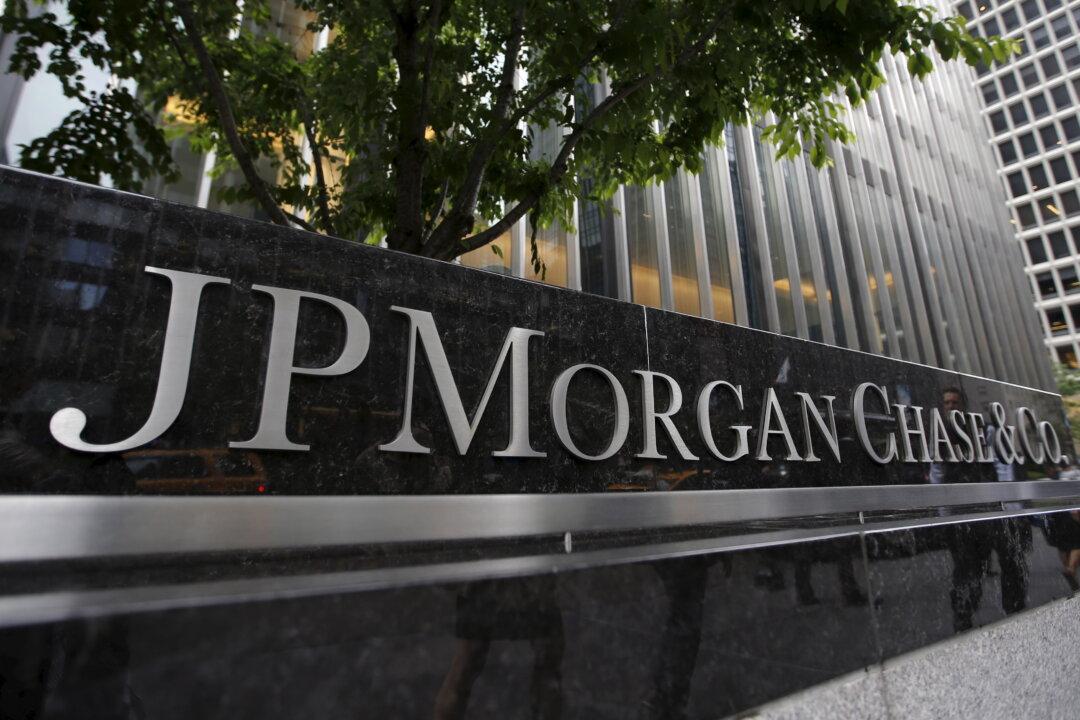An Australian law firm filed a class action lawsuit on May 27 against five major international investment banks accusing them of colluding to rig foreign exchange rates during 2008-2013 to jack up profits at the expense of businesses and investors.
The case involved some of the same banks caught up in similar currency market scandals in Europe and the United States.





